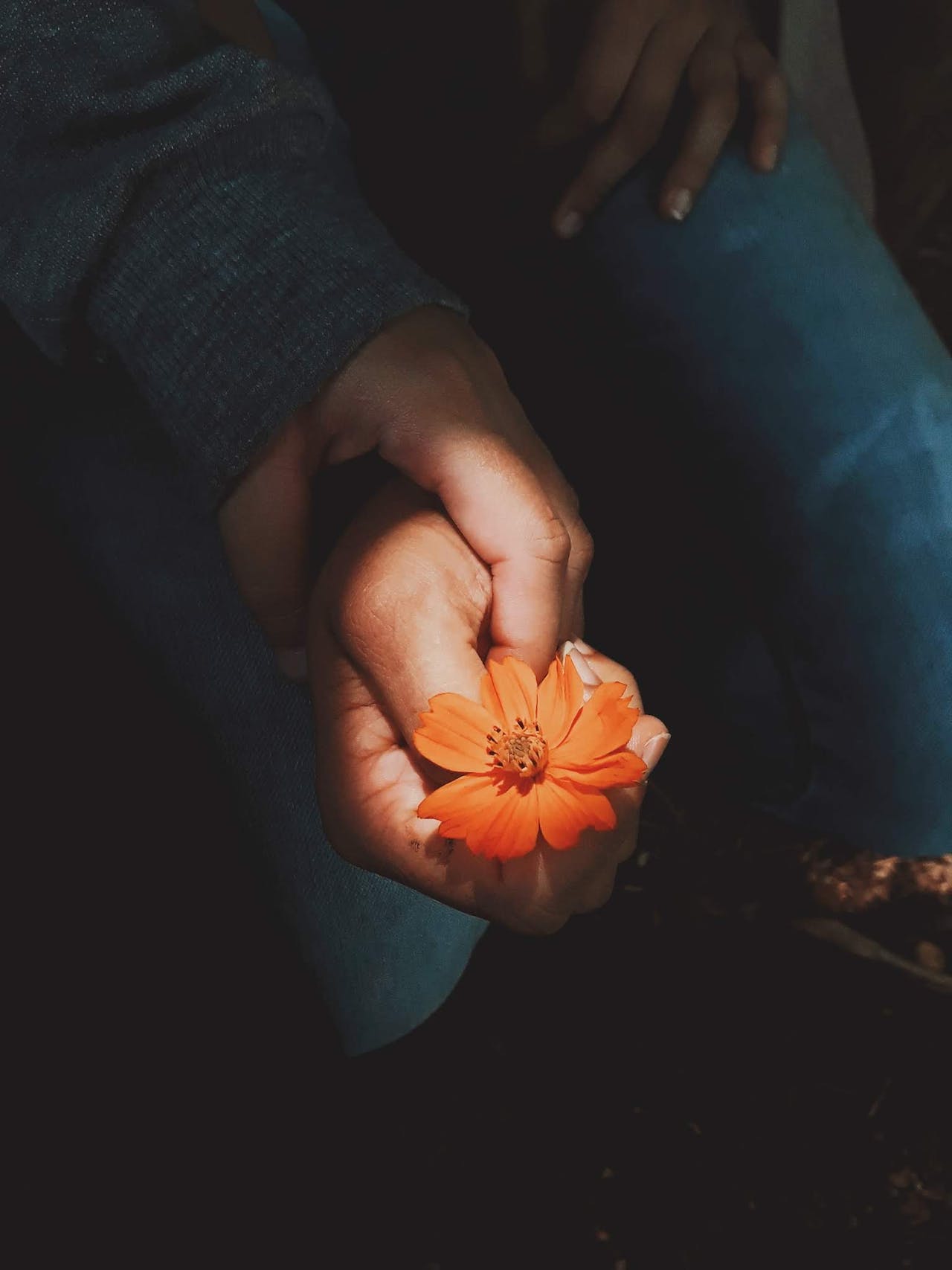
“You have never really lived until you have done something for someone who can never repay you.”
I never consciously set out with the intention of donating an organ to a stranger.
My aspiration, for as long as I can remember, has been to make a profound impact on someone’s life, something so significant that they could never repay me. At the time, I wasn’t sure what that would entail. I started with small acts, like joining the bone marrow registry, donating blood regularly, volunteering my time, and making modest financial contributions to various causes. But it never felt like enough.
One day, while scrolling through Facebook, I stumbled upon a post from a high school friend. She shared that her mom needed a kidney transplant and provided a link for potential donors. I clicked on it immediately, not even waiting to finish reading her post. Perhaps it was because I had lost my own mother, and I didn’t want anyone else to endure that pain if it could be avoided. Or perhaps it was a gut feeling, a sense that this was my opportunity. I didn’t hesitate; I felt no unease. I knew instantly that I wanted to try. I submitted the basic information and waited for a transplant coordinator to reach out for an initial screening.
Fortuitously, my friend’s sister-in-law was a suitable donor and proceeded before I completed my screening. Shortly thereafter, I received an email asking if I would consider being a non-directed donor, meaning my kidney would go to a stranger.
That was unexpected, and it weighed heavily on my mind. My initial response was a resounding “yes,” but I second-guessed myself. I’ve been fortunate, enjoying good health throughout my life, healthy pregnancies, and healthy children. What if something happened to me after donating one kidney? (I later learned that I would be prioritized on the living donor list.)
Despite my reservations, my heart and intuition urged me forward. The process was long, and I made a promise to myself that if I ever had a negative feeling about proceeding, I would step back. The next step was a physical assessment by the transplant team. If all went well, my case would go before a donor team for approval.
I passed the physical assessment with flying colors, and my donation was approved. My tests didn’t just return as “healthy” or “normal” but as “exceptional.” (If you ever want the most thorough health screening of your life, consider starting the organ donor process.)
When I received the email confirming my approval, mixed emotions flooded in. Excitement dominated, but a trace of nervousness lingered.
Undoubtedly, there were risks, but they were low. I had concerns, but they were addressed.
The subsequent steps included signing consent forms to share my information, further blood work to hold for testing when a match was found, and, of course, finding a match. Being blood type O+, and with type O being the most common, a match was found quickly. Once they secured a match (and a backup recipient), the surgery was scheduled for approximately three to four weeks later.
What had I just committed to doing? The extraordinary thing about kidney donation is that it doesn’t only save one life but has the potential to save up to eight lives, thanks to the paired exchange system.
The second-to-last step, signing the consent forms to share my information, was the most emotionally challenging. While I could still change my mind until the day of the surgery, I knew my heart would be deeply invested once a match was found.
The final step was adding my name to the donor list, and on June 25, 2021, while I was at work, I received the call; I had a match! My name had been on the registry for less than 48 hours. All I was told about the recipient was that they lived in Georgia. My surgery was scheduled for July 21, 2021.
There’s so much more to this story, but I wanted to share this part with you.
Regardless of the outcome, the lessons I’ve learned thus far have been nothing short of remarkable. The spectrum of emotions I’ve experienced is indescribable.
This is what donating a kidney to a stranger has taught me:
1. If you aren’t prepared mentally, physically, or emotionally, you may miss a huge opportunity to make a difference in this world. Keep your heart and mind open at all times.
2. Anyone with a heart knows how difficult it is sometimes to separate what your mind or gut is telling you versus your heart. However, if all three are in alignment, there will be little-to-no nervousness. This includes anxiety, stress, doubts, obstacles, or feelings of uneasiness in the pit of your stomach.
3. The best way to learn more about who you are and who you want to be is to make an impact on someone’s life.
4. When my focus turned from how donating a kidney would affect me to how much it could affect someone else, I grew even more confident in the process. Everything is not about you. Actually, very little is about you.
5. You can be afraid and still have courage to do it anyway.
6. The story doesn’t end. Be a legacy, and your story will continue to inspire others for years to come.
Becoming an organ donor not only has the potential to change the lives of recipients but can also bring about transformative changes in your own life.
It’s a selfless act that can leave a profound and lasting impact on both you and the individuals who receive the gift of life.
1. A Profound Sense of Purpose: Being an organ donor can provide you with a deep and profound sense of purpose. Knowing that you have the potential to save multiple lives by donating your organs can give your life a renewed sense of meaning and fulfillment.
2. Personal Growth: The decision to become an organ donor often involves self-reflection and a heightened awareness of the impact one person can have on others. This process of self-discovery and empathy can lead to significant personal growth.
3. Enhanced Perspective: Being an organ donor can change your perspective on life and mortality. It can make you more appreciative of your own health and encourage you to make the most of the time you have.
4. Inspiration for Others: Your decision to become an organ donor can inspire friends and family to consider doing the same. It sets an example of selflessness and compassion, creating a ripple effect of positive change.
5. A Legacy of Compassion: Being an organ donor leaves a lasting legacy of compassion and altruism. Even after your passing, your organs can continue to make a positive impact in the lives of those in need, and your memory can live on through the lives you’ve touched.
The story of kidney donation reminds us that one selfless act can have a life-changing impact. By registering as an organ donor, you have the potential to save lives and be a part of a remarkable legacy of generosity. It’s an opportunity to give someone a second chance and to inspire others with your own act of kindness. Your decision can create a ripple effect of hope, compassion, and life-changing opportunities for countless individuals and families.
Be the change: Register as an organ donor and share the gift of life.
~
Please consider Boosting our authors’ articles in their first week to help them win Elephant’s Ecosystem so they can get paid and write more.


 Share on bsky
Share on bsky




Read 4 comments and reply